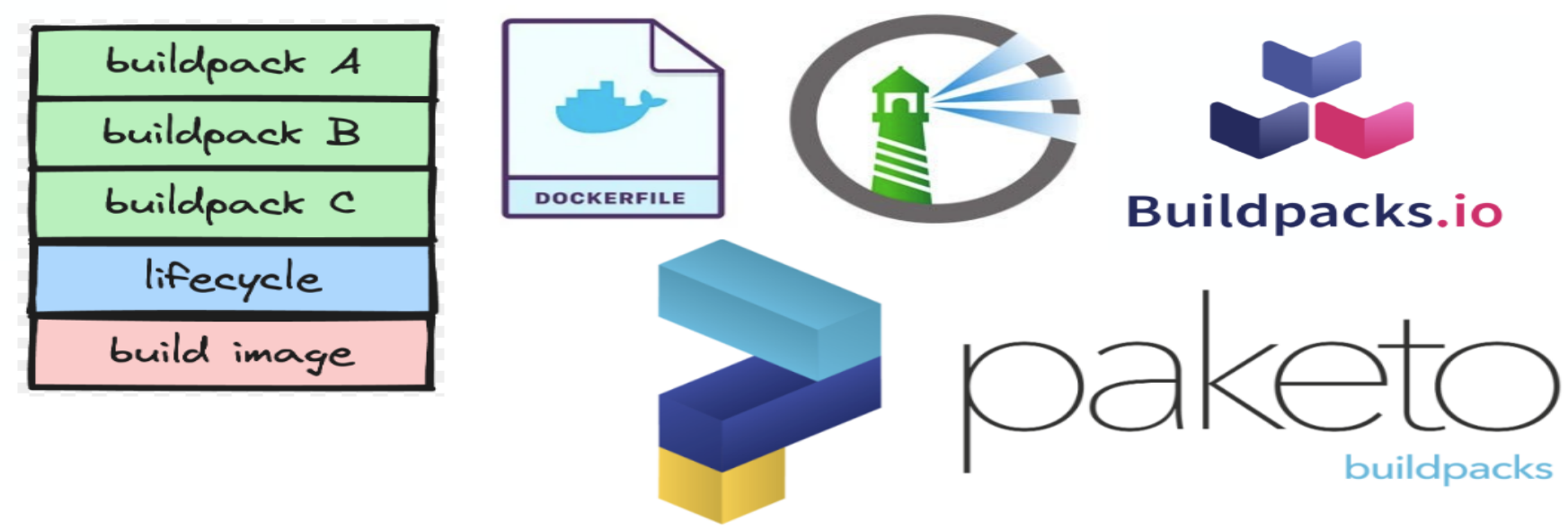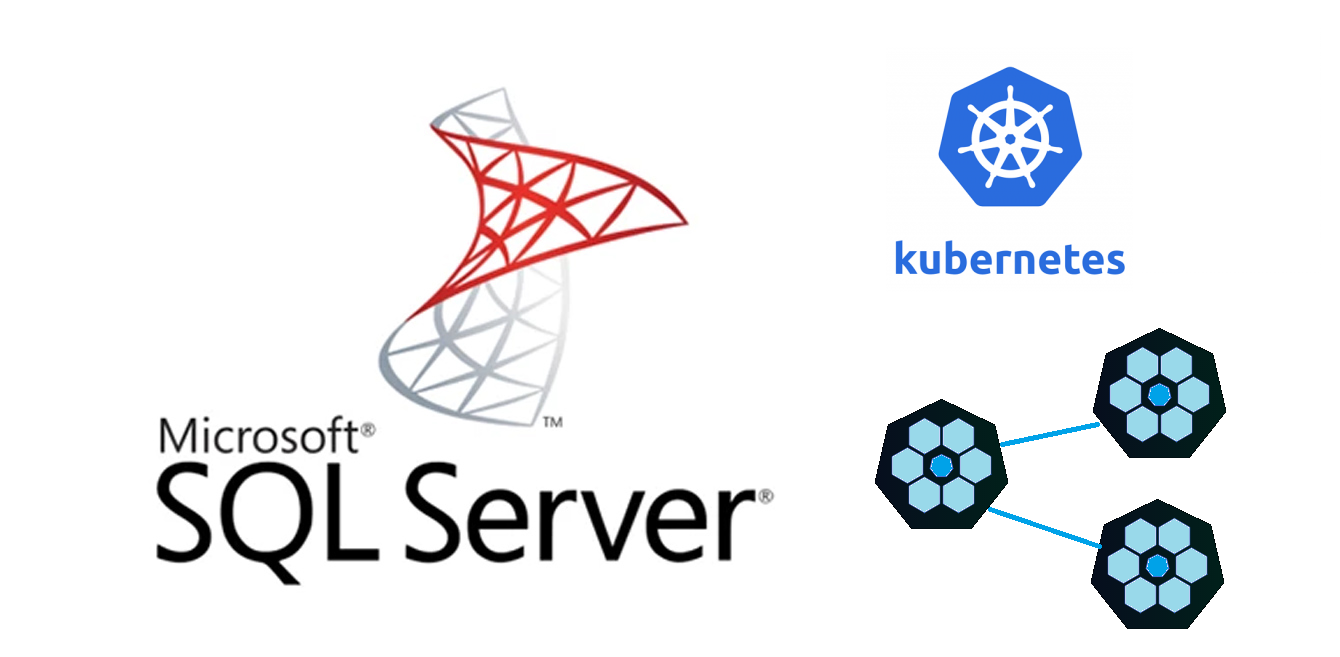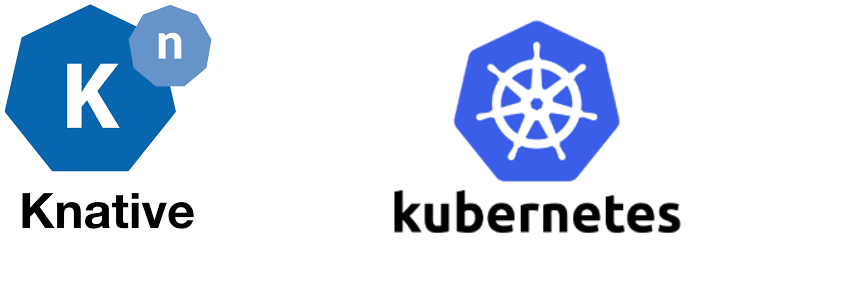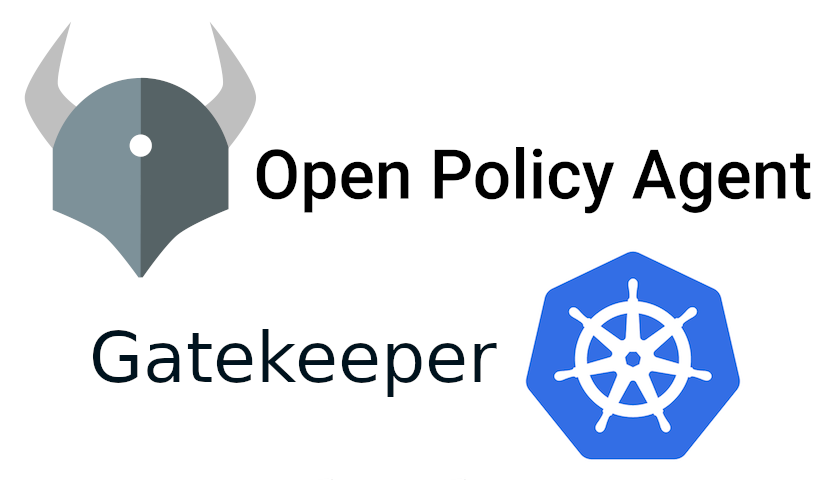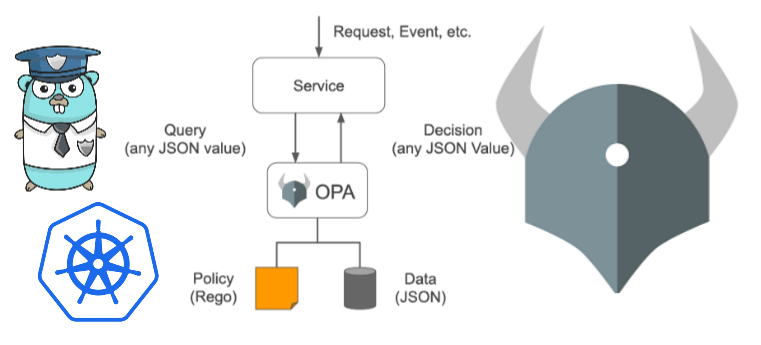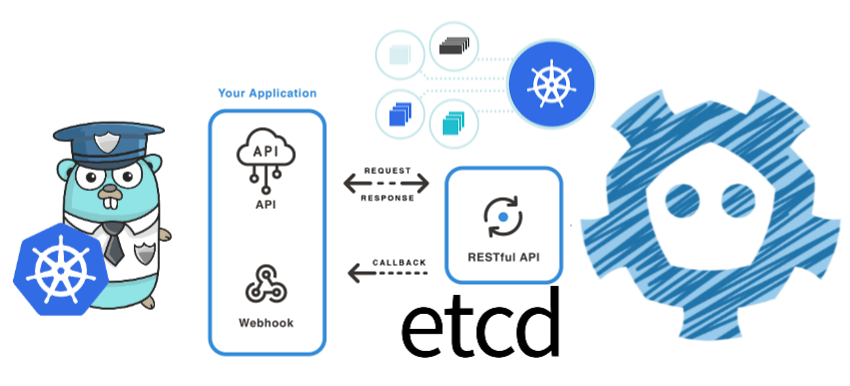
Knative - Fundamental concepts
Knative focuses on three key areas - building an application, serving traffic to it, and enabling applications to easily consume and produce events. This post looks at the fundamental concepts of Knative such as Knative Serving, Knative Eventing and Knative build. It also looks at the details of service, configuration, Revision and routes which are part of Knative Serving. It looks at the details of Messaging, Channel, Subscription, sources and sinks which are part of Knative eventing.

